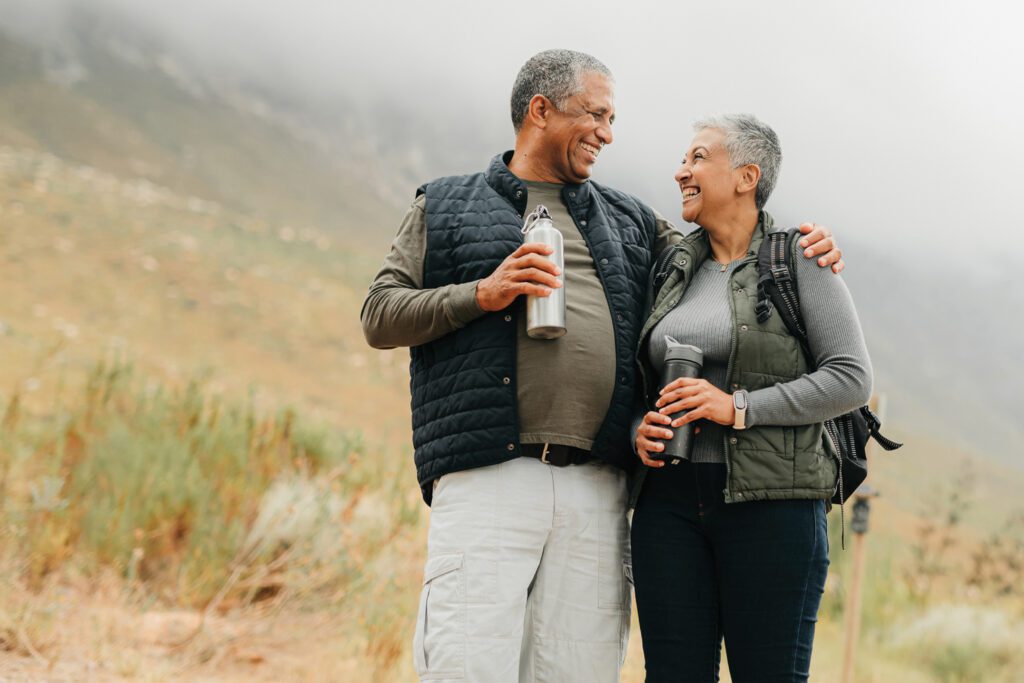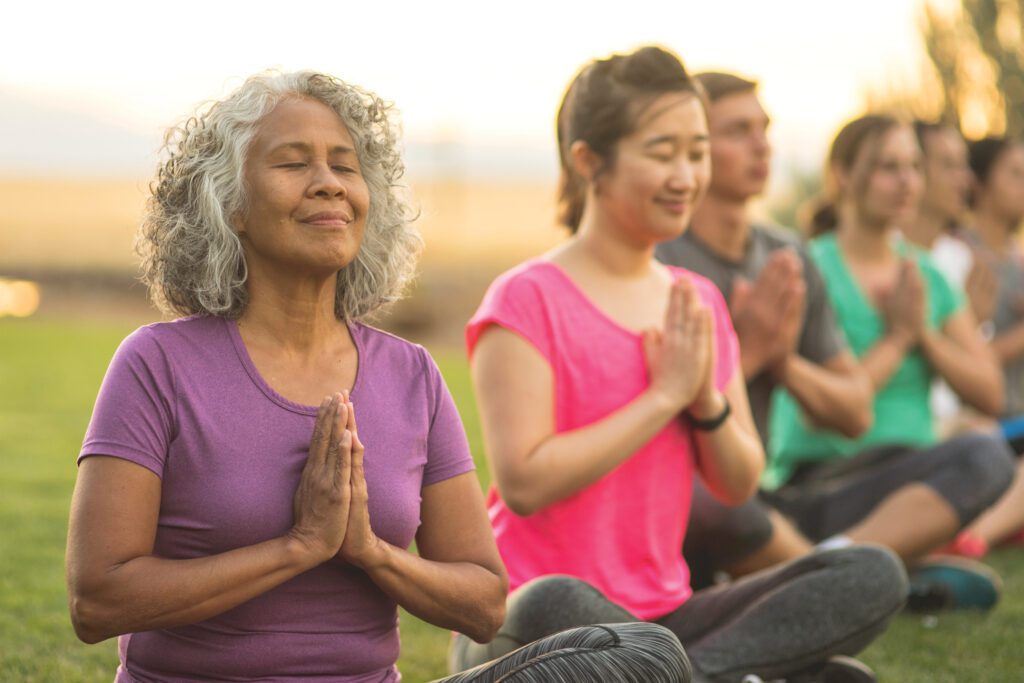Independence, health and well-being are important for people of all ages. For older adults, staying involved in activities that can build physical, mental, emotional and relational health can be key to overall well-being into your 70s, 80s and 90s. Cultivating a hobby is a great way to keep up your health while doing something you love or simply enjoy. Here are 10 ideas for healthy hobbies to try.
#1. Traveling
Whether going to a foreign country, visiting family and grandchildren, or taking a tour in your own hometown, traveling is a great way to explore the world. There’s no better motivation to get the body moving than the opportunity to play with grandchildren or see the Grand Canyon for the first time, and traveling offers the opportunity to meet a wide variety of people. Whether you are listening to your 5-year-old grandson tell you about his pet turtle or a tour guide talk about Ancient Rome, the learning never stops.

#2. Volunteering
Nothing nourishes the spirit like helping those less fortunate than yourself. Whether it’s reading to schoolchildren, helping at a homeless shelter, coaching a soccer team, or mentoring a youngster who needs a good role model, volunteering can keep older adults active and provide them with emotionally uplifting connections while filling vital needs within non-profit organizations.
#3. Reading
There has never been any doubt that reading is great for the mind, but enjoying a good book doesn’t have to be a solo activity. Book clubs and reading groups offer the opportunity to discuss books with other readers, often leading to in-depth conversations over coffee and long-term friendships.
Expert Advice on Staying Emotionally Healthy
#4. Mind Challenges
Crosswords, sudoku, chess, puzzles, games, trivia, or even learning a new language are all great hobbies for older adults. Games and mind challenges can have a direct impact on your psychological state, leading to excitement and the feeling of accomplishment. Plus, they’re a great way to meet people and form friendships.
#5. Group Fitness & Athletics
These days, many gyms cater to the needs of older adults, offering senior leagues in indoor and outdoor sports, Silver Sneakers classes, lap swimming and a variety of yoga and water-based classes. Exercise of all kinds increases flexibility and helps improve overall mobility and cardiovascular health. It’s also a great stress reliever, pumping endorphins to improve mood and help the irritations and pains of the day fade away.


#6. Creativity
Ever wished you could play the guitar? Do you know how to sew? Want to rekindle your love for painting? Now is the time! Doing something creative to express yourself provides a sense of purpose and can rekindle your passion for life. In fact, research suggests people who struggle with low self-esteem or a lost sense of identity can dramatically improve their overall well-being by setting aside time for a creative hobby.
Expert Advice on Staying Physically Active


#7. Food & Wine
Many older adults have spent their lives cooking for others without really having time to enjoy the process. A love for cooking or a desire to learn about food or wine can lead to a fulfilling hobby right there in your kitchen and dining room. Cooking classes are available in most communities and encourage both social interaction and learning. Wine clubs and supper clubs are easy to start and can help form friendships—plus, you’ll get to practice hospitality with friends and families.
#8. Writing/Recording
There are many ways to leave a legacy, and recording stories from your past can be a meaningful experience for both you and your family. Blogs are a great way to share memories and impart wisdom to the world, but a simple notebook, journal, or scrapbook does the trick too. Or, if writing isn’t your thing, consider creating a family tree for future generations—the internet offers several great resources to help with the task.


#9. Gardening
The benefits of locally grown food are undeniable and it doesn’t get more local than your own backyard. Gardening exercises the mind during the planning process, and requires you to do a wide range of physical activities that can increase flexibility and overall fitness. Plus, getting your fruits and vegetables from the garden to the table is enormously rewarding.
#10. Dancing
No matter your age or life situation, finding a hobby can give you a sense of purpose, help you branch out and meet others, get your body moving, and uplift your spirit. Break out that bucket list and pick something new to learn, do, or accomplish. Who knows where the journey will take you!



